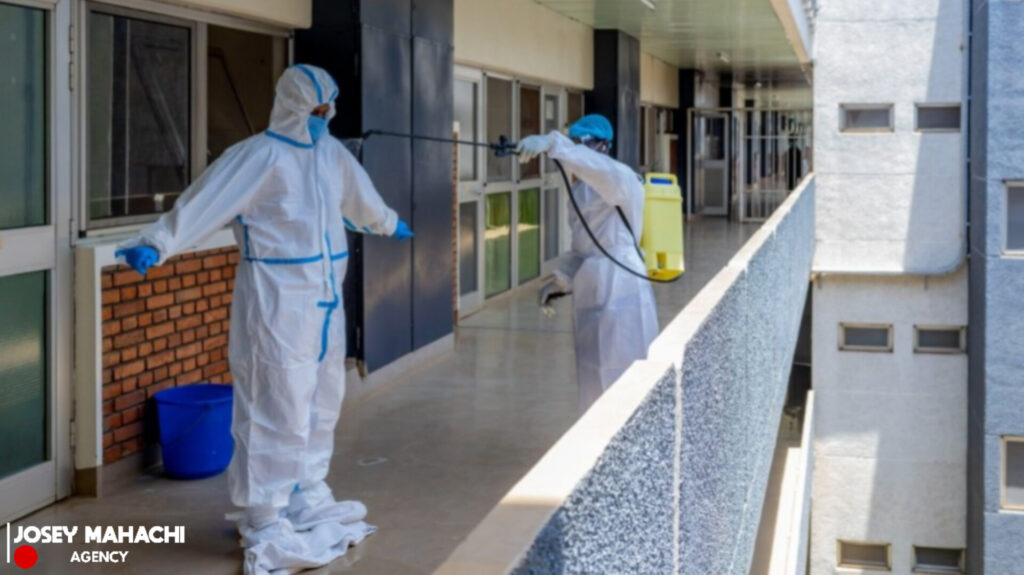By : Lloyd Mahachi
Rwanda has finally declared the Marburg outbreak in the country over, after more than 40 days of no new cases. This is a significant milestone in the country’s fight against the disease.
The outbreak was first reported in August, and since then, about 66 cases of Marburg were reported, with 15 fatalities. This is a relatively low fatality rate compared to other outbreaks of the disease.
The Minister of Health, Sabin Nsanzimana, expressed relief and caution, stating that there is still much work to be done to prevent future outbreaks. He emphasized the need to enhance surveillance and build capabilities to respond to future health challenges.
One of the key findings of the outbreak was that the Marburg virus was transmitted from fruit bats to humans. Genomic sequencing revealed that the virus was of zoonotic origin, linked to exposure in a cave inhabited by fruit bats.
This highlights the importance of understanding the animal reservoir of the virus and taking measures to prevent transmission. The World Health Organization (WHO) played a crucial role in supporting Rwanda’s response to the outbreak.
The WHO provided technical and financial support, as well as expertise in areas such as disease surveillance, infection prevention and control, and contact tracing. The organization worked closely with the Rwandan government to contain the outbreak.
The Rwandan government implemented a range of measures to contain the outbreak, including training healthcare workers, establishing a treatment center, and conducting contact tracing. The government also worked to raise awareness of the disease and promote preventive measures among the public.
As Rwanda moves forward, the Minister of Health emphasized the need to maintain early detection and care capacities, as well as to sustain the ability to quickly respond to any new cases. The country will continue to work with the WHO and other partners to strengthen its health system and prevent future outbreaks.
The WHO has advised Rwanda to implement a comprehensive care program for people who recovered from Marburg, to support them in overcoming any after-effects of the disease. This is an important step in ensuring that those affected by the outbreak receive the care and support they need.
The declaration of the end of the Marburg outbreak in Rwanda is a significant achievement, and a testament to the country’s commitment to public health. However, it is also a reminder that the risk of future outbreaks remains, and that continued vigilance and preparedness are essential.
The Rwandan government and the WHO will continue to work together to strengthen the country’s health system and prevent future outbreaks. This includes improving disease surveillance, enhancing laboratory capacity, and developing effective response strategies.
The success of Rwanda’s response to the Marburg outbreak is a model for other countries to follow. It demonstrates the importance of strong leadership, effective partnerships, and a commitment to public health. As the global health community continues to face new and emerging health threats, the lessons learned from Rwanda’s response to the Marburg outbreak will be invaluable.
Editor : Josephine Mahachi

